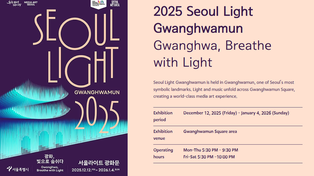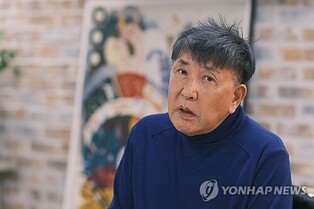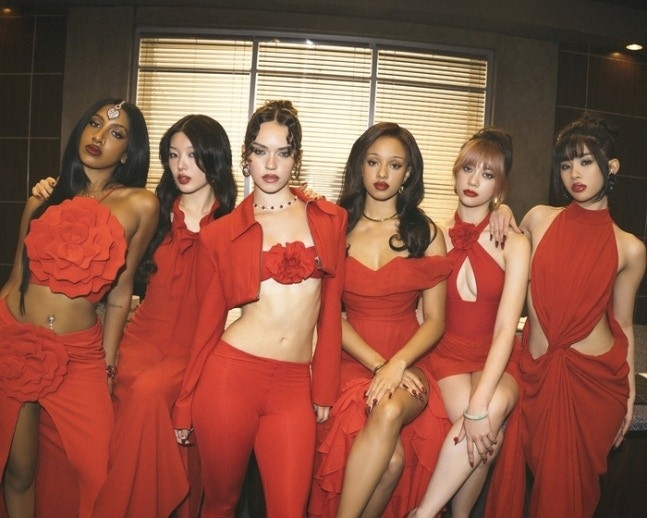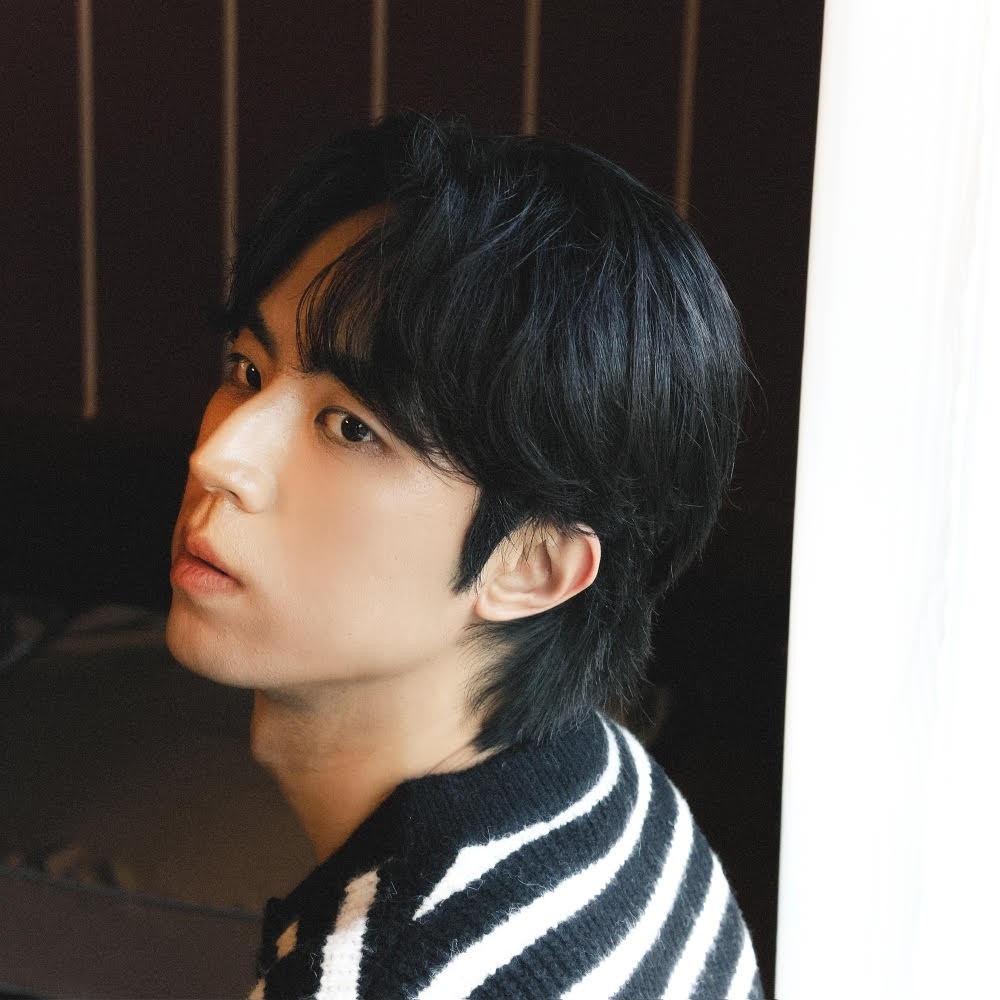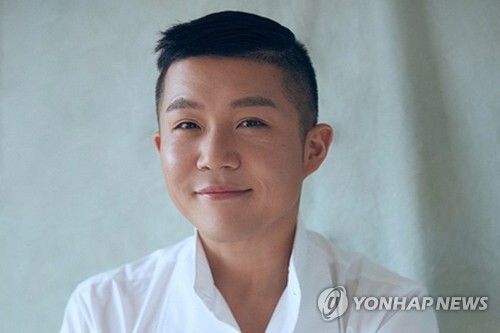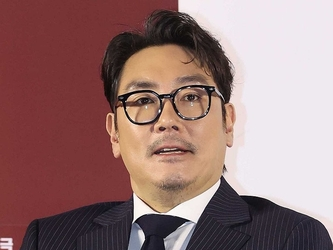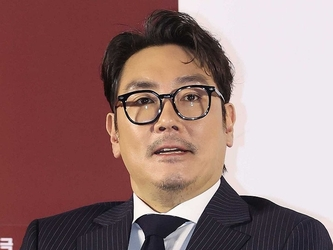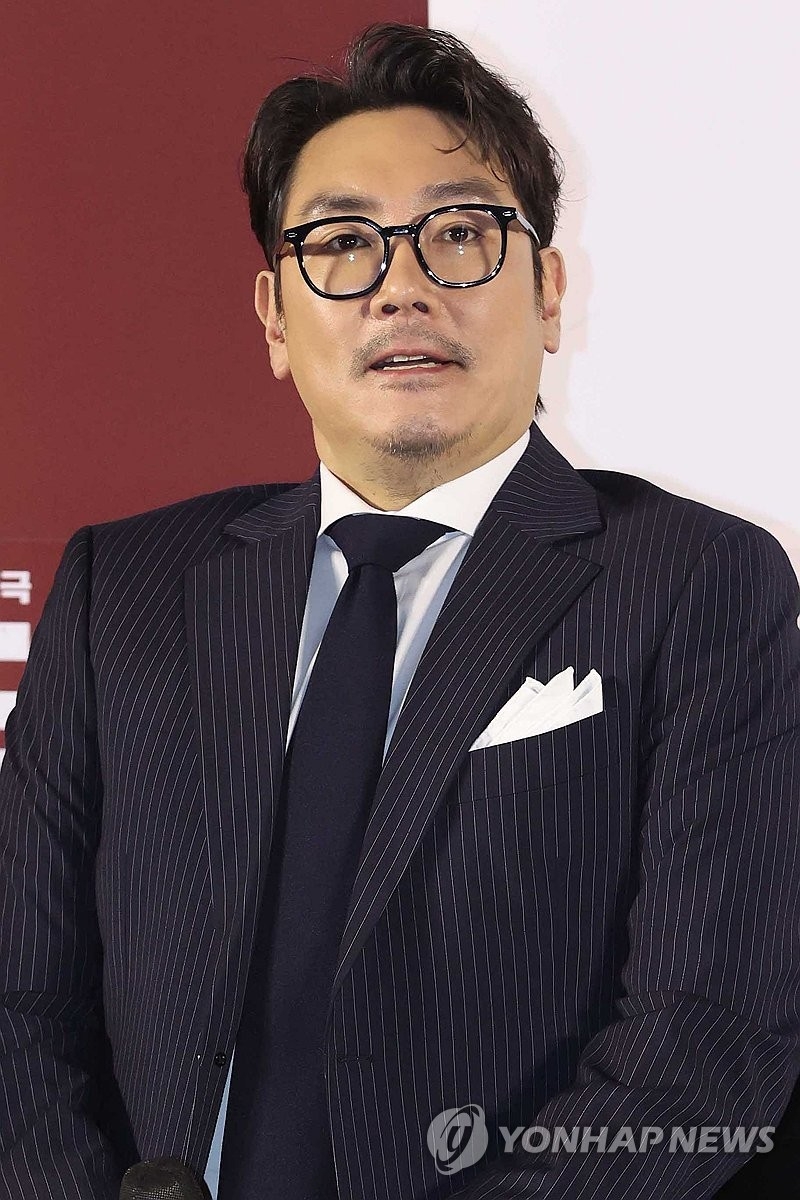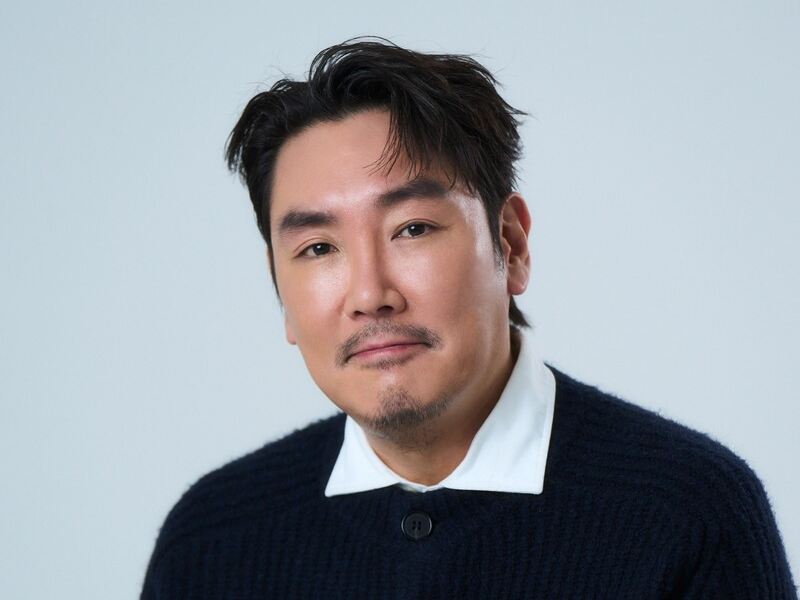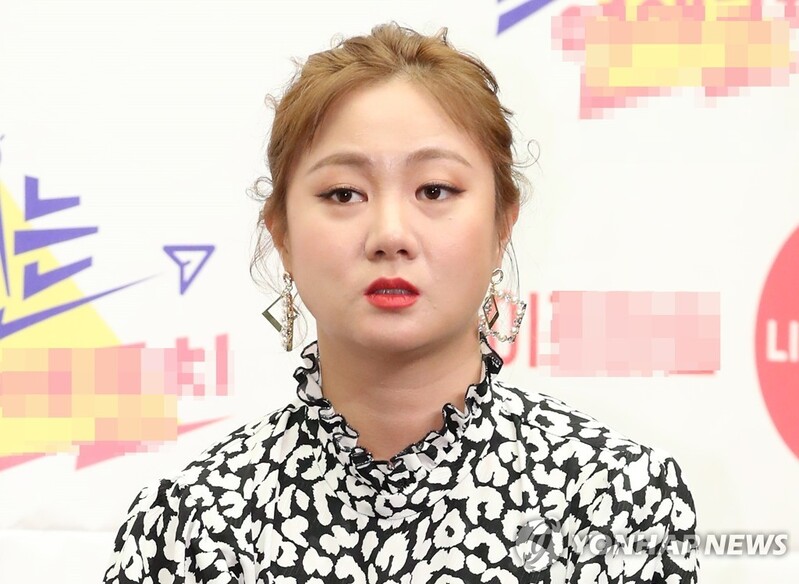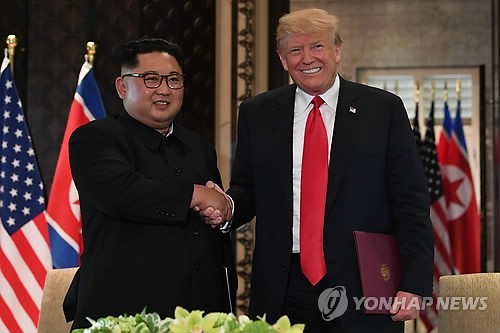 |
| ▲ This file photo, released by AFP, shows U.S. President Donald Trump (R) shaking hands with North Korean leader Kim Jong-un after signing a joint statement at the Capella Hotel on Sentosa Island in Singapore on June 12, 2018. (Yonhap) |
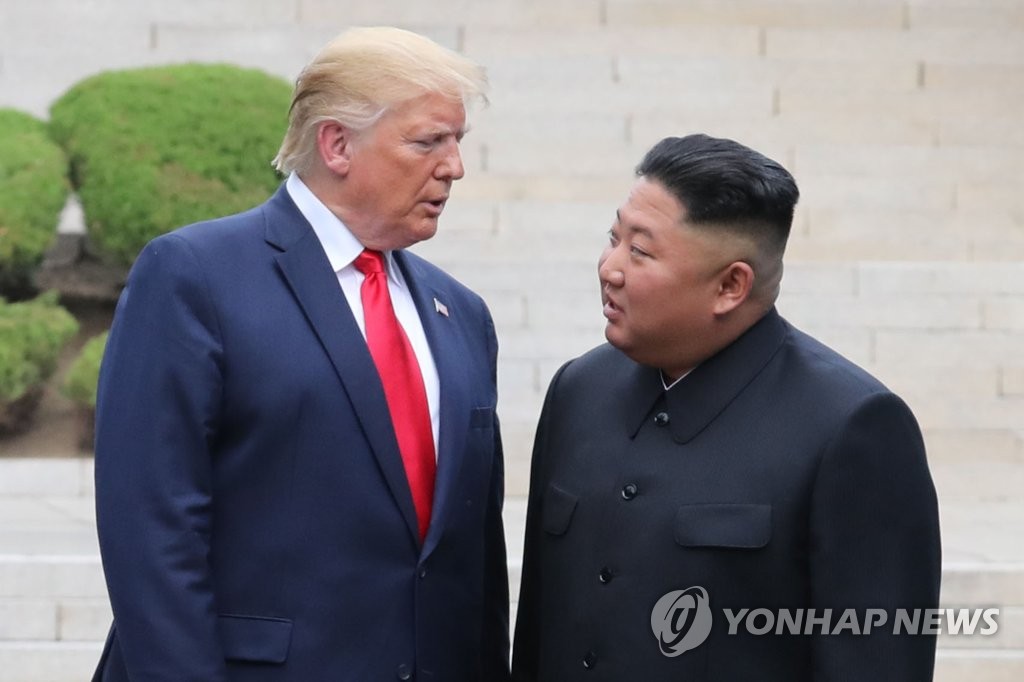 |
| ▲ This file photo, taken June 30, 2019, shows U.S. President Donald Trump (L) and North Korean leader Kim Jong-un meeting at the inter-Korean border village of Panmunjom. (Yonhap) |
(News Focus) APEC-Trump
(News Focus) Will Trump seek rendezvous with N.K. leader during APEC summit in S. Korea?
By Song Sang-ho
WASHINGTON, July 20 (Yonhap) -- With a little over 100 days left before an Asia-Pacific summit in South Korea, questions are emerging about whether U.S. President Donald Trump would seek to restart long-stalled diplomacy with North Korea should he decide to travel to attend the high-profile gathering.
The White House has not announced whether Trump will join the Asia-Pacific Economic Cooperation (APEC) summit set to take place in the southeastern city of Gyeongju from Oct. 31 to Nov. 1, but observers do not rule out the possibility of him attending the event and eyeing an interaction with North Korean leader Kim Jong-un.
Trump has expressed his openness to reengaging with Kim, boasting of his "good" relationship with the reclusive leader. Late last month, he said the United States will "get the conflict solved" with North Korea if there is one -- yet another indication of his desire to resume dialogue with Pyongyang.
Despite Trump's repeated show of interest in kick-starting dialogue with Kim, the unpalatable fact for him would be that much will hinge on whether Kim will accede to any diplomatic feeler from the U.S. president at a time when Pyongyang enjoys a deepening partnership with Moscow.
"I wouldn't be surprised if some effort would be made by the Trump administration to see if Kim might meet," Andrew Yeo, the SK-Korea Foundation chair at the Brookings Institution's Center for East Asia Policy Studies, told Yonhap News Agency via email.
"But it will be Kim, not Trump, who will decide whether a meeting is possible," he added.
Rob Rapson, former acting U.S. ambassador to South Korea, said that given "Trump's flair for the dramatic," a visit, meeting or interaction with Kim somewhere in North Korea around the time of the APEC leaders' meeting cannot be completely ruled out.
Rapson made the remarks, recalling the impromptu meeting between Trump and Kim at the inter-Korean truce village of Panmunjom in June 2019. It was one of the three meetings that the leaders have had, including the first one in Singapore in June 2018 and the second in Hanoi in February 2019.
On Tuesday, South Korea's presidential office said it had sent invitation letters to the leaders of the 21 APEC member economies, including the U.S., China, Japan and Russia, as it is stepping up preparations for the Gyeongju summit to be held under the main theme of "Building a Sustainable Tomorrow."
The likelihood of Trump attending the APEC summit is "considerably high," Cho Hyun, the nominee for foreign minister, told a parliamentary hearing this week without elaborating on the reason why he believed so.
Should his APEC participation materialize, Trump might make a diplomatic gesture toward Kim, analysts predicted, as he has vowed to become a "peacemaker" as seen in his continued drive to end the war between Russia and Ukraine and the war between Israel and the Hamas militant group.
But doubts remain over the prospects for reengagement as Pyongyang appears to have little appetite for talks with Washington at a time when it relies on Moscow for food, fuel, military support and other forms of aid under a "comprehensive strategic partnership" treaty signed in June last year.
Last month, NK News reported that North Korean diplomats in New York had refused to accept a letter from Trump, which was aimed at reestablishing communication channels between Washington and Pyongyang -- a sign that Pyongyang is not ready for talks with the U.S.
But a window for engagement could open if Kim judges that he should cut back on -- or at least modulate -- reliance on Russia, whose support for the North could dwindle suddenly when the war in Ukraine winds down, eliminating Moscow's need to depend on Pyongyang for military supplies.
Should dialogue between Trump and Kim resume, the North's nuclear quandary is likely to be high on the agenda given Trump's stated commitment to the "complete denuclearization" of North Korea.
But many believe that it might be more difficult than past negotiations to seek a denuclearization deal with the North given the headway the recalcitrant regime has made in its nuclear and ballistic missile programs in recent years.
The Trump administration's strike on key Iranian nuclear facilities last month might have further reinforced Pyongyang's belief that it should hew to its nuclear "treasure sword" rather than bargaining it away and potentially putting it at risk of foreign attacks.
"I think one of the costs of our bombing of Iran is that we may have basically ended CVID with North Korea -- complete, verifiable, irreversible denuclearization with North Korea," Victor Cha, president of the Geopolitics and Foreign Policy Department at the Center for Strategic and International Studies (CSIS), said during a recent CSIS event.
"Because if anything, the lesson North Korea has taken away from this is ... we need to keep our weapons to avoid a dozen massive ordinance penetrators being dropped on North Korea, like they were dropped on Iran. I think, if anything, they are reaffirmed in their view that they have pursued the right path."
Trump's engagement with Pyongyang, if realized, could move along with the North Korea policy of new South Korean President Lee Jae Myung's administration, which has expressed its hope to improve inter-Korean relations following a rough patch under the former government of conservative former President Yoon Suk Yeol.
In a conciliatory gesture last month, the Lee administration suspended loudspeaker propaganda broadcasts against the North along the inter-Korean border, raising cautious hope for improvement in frosty cross-border ties.
During his campaign, Lee also pledged to restore the 2018 inter-Korean military tension reduction pact suspended amid tensions between Seoul and Pyongyang during the Yoon administration.
Despite the allies' willingness to engage with North Korea, close policy coordination is crucial to avoid unnecessary diplomatic friction, analysts have noted, amid concerns that Trump's direct approach to the North could run the risk of South Korea being sidelined or bypassed from the U.S. leader's diplomatic outreach.
The North Korean issue aside, Trump might have a full plate of issues to handle should he join the APEC summit. Among them are tariff issues and his administration's call for greater burden sharing with regional allies and partners, including South Korea.
"2025 is perhaps the most challenging APEC year in recent memory, if ever, given the turbulence in the region and beyond generated in large part by President Trump and his administration's aggressive trade, investment and security, burden-sharing policies," Rapson said.
Yeo anticipated that if Trump attends the APEC summit, he may discuss new tariffs and trade deals with Asia-Pacific countries, and address America's role in the region and the importance of the Indo-Pacific, a region home to the U.S.' geopolitical rival, China.
Given Trump's general dislike for general disdain for multilateral fora, especially where he is not the lead or center of attention, Rapson pointed out that questions are being raised about what role he might play at the APEC summit: "spoiler, disrupter, facilitator" or other roles.
(END)
(C) Yonhap News Agency. All Rights Reserved







